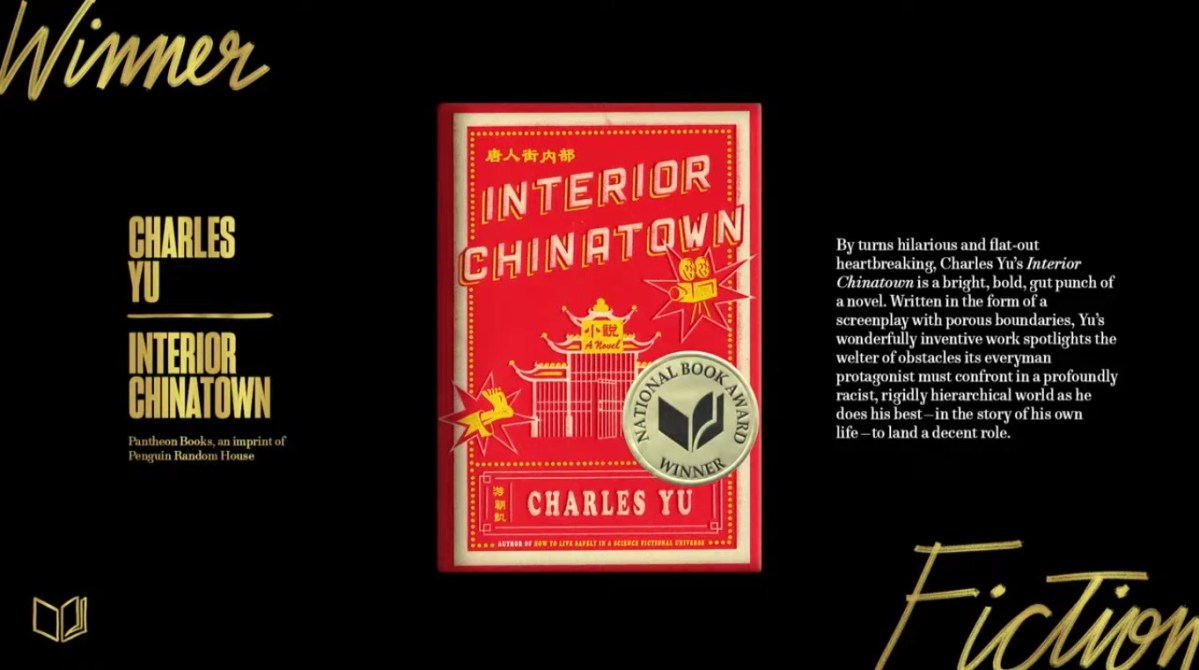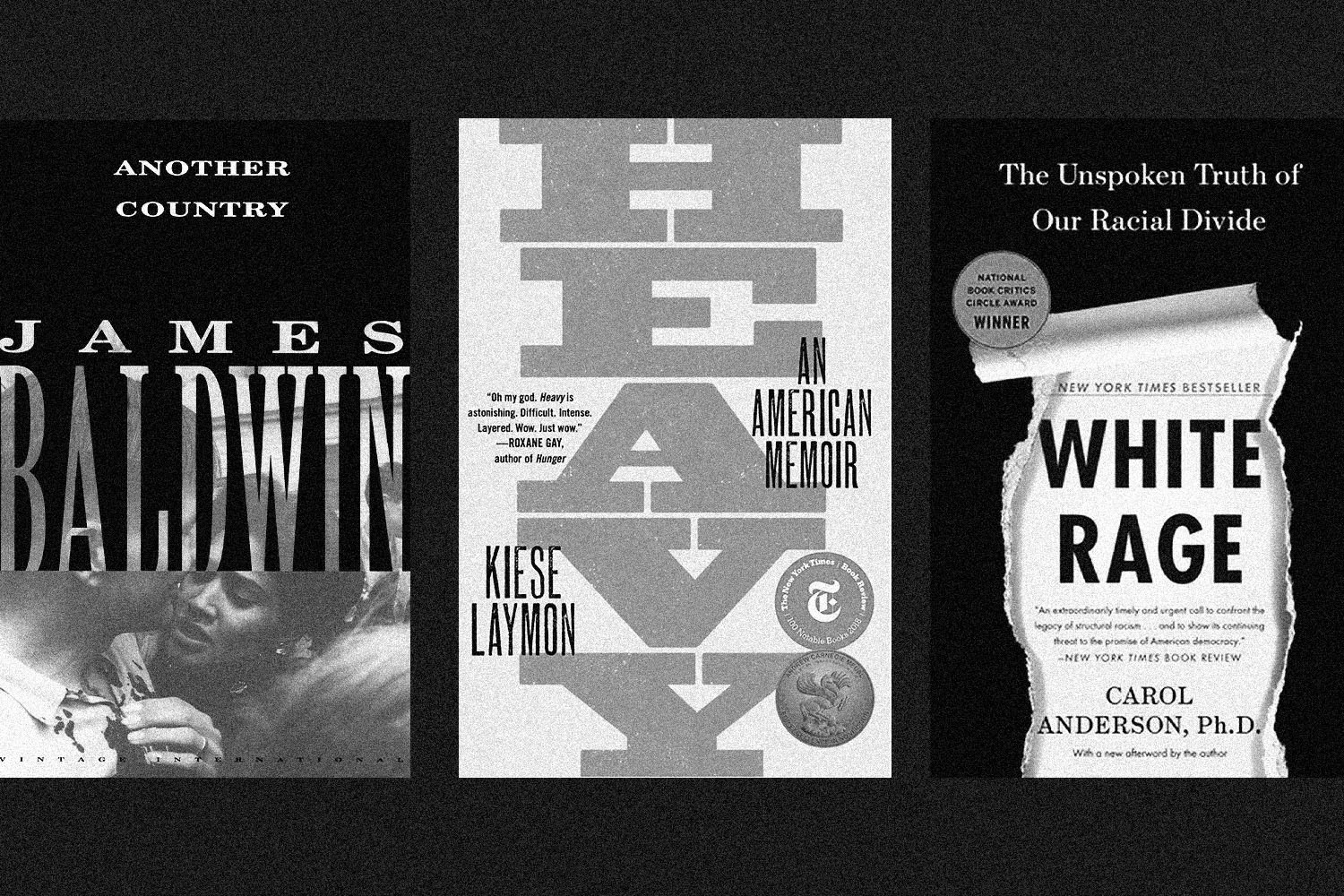The 71st edition of the National Book Awards took a slightly different approach than previous editions of the awards ceremony; unlike in years past, this year’s event took place virtually. Over the course of the ceremony, which was hosted by writer Jason Reynolds, an intriguing cross-section of books found themselves with one of the literary world’s highest honors.
In her coverage of the awards for The New York Times, Alexandra Alter aptly summarized the tone of this year’s ceremony. “The mood this year was still upbeat, even virtually, as a much larger digital audience joined the celebration, which typically draws around 700 people in person,” she noted.
Charles Yu’s novel Interior Chinatown won the National Book Award for Fiction. Yu’s work (including the excellent How to Live Safely in a Science Fictional Universe) often blends metafictional elements with heartfelt explorations of psychology and identity; Interior Chinatown makes memorable use both of these qualities. It also incorporates use of the screenplay format, a notable choice given Yu’s work on a number of acclaimed television series.
The winner of the National Book Award for Nonfiction was The Dead Are Arising: The Life of Malcolm X. This extensive biography of the civil rights leader had a moving origin story. It was begun by Pulitzer Prize-winning journalist Les Payne, who died in 2018; his daughter Tamara, who was also the principal researcher on the book, completed it after his death.
Walter Moseley received the National Book Foundation’s Medal for Distinguished Contribution to American Letters, while former Simon & Schuster publisher Carolyn Reidy became the posthumous recipient of the Literarian Award for Outstanding Service to the American Literary Community.
Donn Mee Choi’s DMZ Colony, an exploration of the relationship between South Korea and the United States, won the National Book Award for Poetry. Yu Miri’s Tokyo Ueno Station, translated by Morgan Giles, told the story of a ghost haunting a busy train station; it was the winner of the National Book Award for Translated Literature. And the National Book Award for Young People’s Literature went to Kacen Callendar’s King and the Dragonflies, a coming-of-age story about a boy dealing with his brother’s death.
The National Book Foundation has more details on the winners as well as the nominees for each category. And for those craving more news of literary prizes, we’re only a day away from the announcement of the Booker Prize winners.
Thanks for reading InsideHook. Sign up for our daily newsletter and be in the know.

















